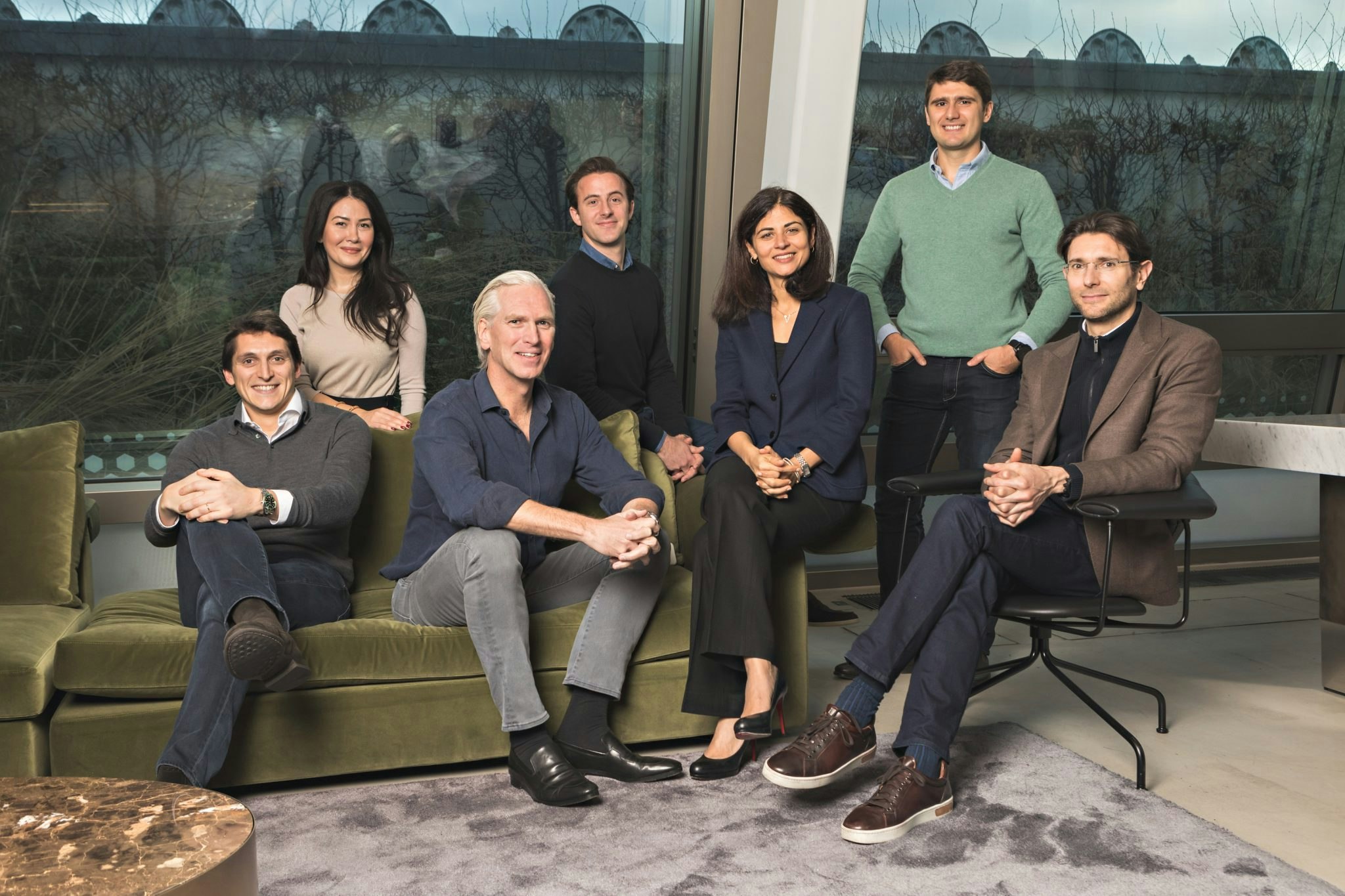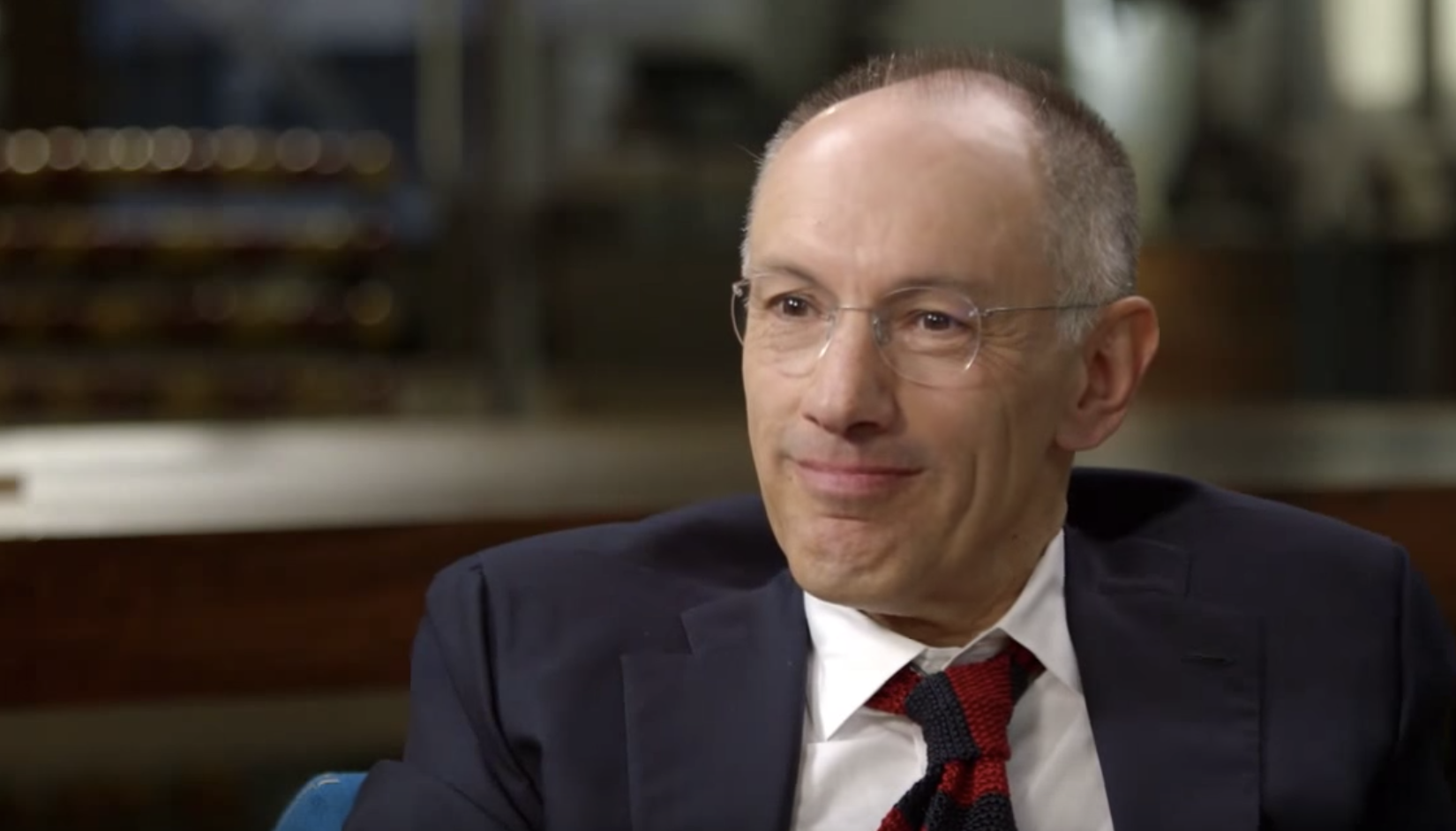Europe is known among US investors as something of a quality bargain store.
It's no secret that startup deals are comparatively cheap in Europe, while company valuations in the US soar ever higher.
As a result, American funds have not only begun investing more heavily in European startups, but they're also setting up shop here; most recently in the form of Silicon Valley's Sequoia opening a London office.
In fact, in 2019, 19% of funding rounds into European startups included an American investor, according to Atomico’s State of European Tech report.
Notably, that trend is also filtering through to fintechs — Europe's most-heavily funded sector, new research by Sifted and Dealroom shows.
The following list shows the group of US investors who have been most active among European fintechs since 2017. This is based on how many rounds they’ve participated in (as opposed to total amounts invested or the number of individual companies invested in).
* “Fintech” encompasses the following sub-industries: payments, banking, investing, mortgages and lending, financial management solutions, insurance and cryptocurrency/blockchain.
Jan Hammer, Partner at Index Ventures, says it makes sense that European fintechs have become an attractive venture, particularly with the rise of international-facing startups.
“Europe has always had an edge when it comes to financial services. This is especially true for companies that look beyond their own borders and are built to serve the world. These companies have to deal with the complexity of different currencies, payment methods and cultural barriers from the very start, something very few large financial organisations can handle," he told Sifted.
The take-away
While it's difficult to ascertain how much the investors listed above injected into each company, several are late-stage investors — suggesting US funds have made up an important chunk of the €23.7bn raised by European fintechs since 2017.
Indeed, SoftBank alone made up 25% of all fintech capital pumped into the UK last year, thanks to a $800m investment in Greensill and $440m into OakNorth.
But is the increasing presence of these heavyweight US investors a good thing for the ecosystem?
At the very least, more competition for deals should prove favourable for startups, with an unfriendly "football match" starting to play out between European funds and their American peers.
US venture capital firms could even have the advantage, employing a warmer approach.
“Many of the VCs in Europe come from the finance world, which means they’re good fund managers. But the way they interact with founders can be strange — there’s an awkward dynamic, like a client-service relationship,” Paul Murphy, partner at London-based venture capital firm Northzone, told Sifted earlier this year.
Meanwhile, Ian Hathaway, a senior director at US accelerator Techstars, argues that US investors carry unique weight, and can further European startups.
"Over the longer term, strong linkages with The Valley will serve as a pipeline for capital, talent, and knowledge, which have been shown in the past to contribute to the emergence of entrepreneurial ecosystems in Israel, Taiwan, China, India, and beyond," he wrote last year.
With Sequoia now setting up base in Europe, it will be interesting to see how their fintech investment strategy plays out in the coming months, and what category of finance they focus on.
Nonetheless, despite the US's growing presence, VCs from the UK, France and the Nordics still dominate early-stage fintech fundraising in Europe. As such, the 15 most active investors in early-stage fintechs over the past four years are all European funds.
A guide: The top US VCs in fintech
Here's a brief breakdown into who the top 12 US investors are, ranging from traditional VCs, individual investors, and accelerators.
Accel
What you need to know: Venture capital firm, born in Silicon Valley, that opened a London office 20 years ago. It typically invests $5–15m, and is a recognised brand on both sides of the Atlantic.
Partner Harry Nelis heads up the firm's European fintech endeavours.
Techstars
What you need to know: US seed accelerator, launched out of Colorado. It opened a London programme in 2013 and invests across sectors.
Index Ventures*
What you need to know: Venture capital firm founded in 1996. It has established an enviable reputation across London and San Francisco (despite being born in Geneva). The fund is behind some of the biggest names in the startup space, with a portfolio of 160 US and European companies (including six fintech unicorns).
Plug and Play
What you need to know: Founded in 2006 in California, Plug and Play has both an accelerator programme and a venture capital arm. Currently operating across 15 countries, it expanded into London in 2019.
Digital Currency Group
What you need to know: New-York based venture firm focused on startups in digital assets (blockchain and cryptocurrency). It is one of the leading funds in its field, and was founded in 2015.
Y Combinator
What you need to know: Seed-stage startup accelerator launched in March 2005 in Massachusetts. It has helped launch over 2,000 companies, including Stripe and Airbnb.
Charlie Songhurst
What you need to know: Serial investor and former head of strategy at Microsoft. Songhurst has invested in ~500 companies.
Goldman Sachs
What you need to know: The investment bank's venture arm, Principal Strategic Ventures, oversees its role in the startup space. It made around 58 investments into startups between Jan and Sept 2019 and is reported to be currently raising a new $2bn venture fund.
Insight Partners
What you need to know: New York-based private equity and venture capital firm founded in 1995, with around $30bn under managment. It focuses on tech startups and has backed the likes of Shopify, HelloFresh, Twitter and Wix.
Valar Ventures
What you need to know: US-based venture capital fund cofounded by PayPal's mastermind Peter Thiel.
Ribbit Capital
What you need to know: Venture firm founded in 2013 focused on crypto and fintech investments, including Credit Karma (which sold to Intuit for $7bn) and Robinhood. Ribbit is now gearing up for an IPO, but was earlier reported to be seeking $420m for its sixth fund.
* Index has a dual-headquarters across London and San Francisco. For the purposes of this analysis, we are counting them as an "American" investor



